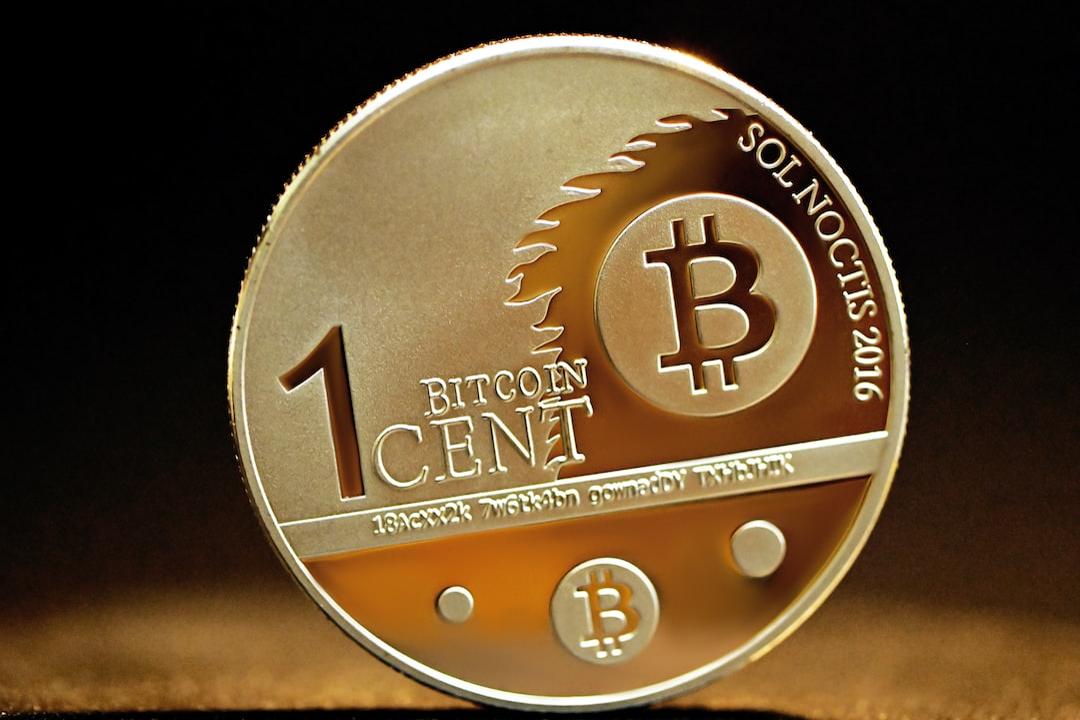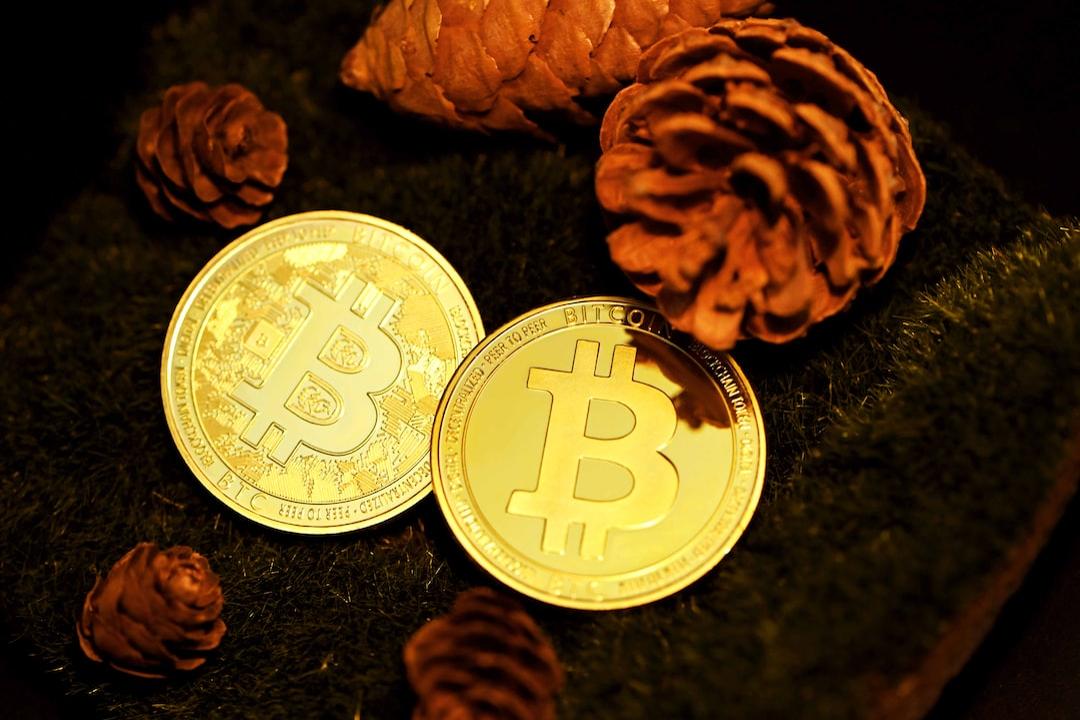YEREVAN (CoinChapter.com) —The Superior Court of Justice in Brazil authorized judges to seize cryptocurrencies for debt collection.
The Third Panel of the court voted unanimously to let judges inform crypto exchanges about the decision and freeze assets when debtors fail to pay.
According to the court’s memo, crypto does not qualify as legal tender. However, it still functions as a store of value and a form of payment. That classification now puts crypto assets under the same legal tools already used to seize traditional bank accounts.
The statement from the court read:
“Although they are not legal tender, crypto assets can be used as a form of payment and as a store of value.”
The decision applies to any case where a creditor brings a valid claim. Once a ruling is made, courts can instruct crypto brokers to freeze or transfer assets without notifying the account holder in advance.

Brazil Crypto Seizure Adds to Legal Tools Against Debtors
Brazilian law already allows judges to freeze bank accounts or withdraw funds without warning when a debt is confirmed. The new ruling now places crypto under the same authority. Judges may treat digital assets like other financial holdings when handling unpaid debts.
Minister Ricardo Villas Bôas Cueva, one of five panel members, noted that Brazil lacks a full legal framework for digital assets. Still, some bills already define cryptocurrencies as “a digital representation of value,” creating a basis for enforcement.
This decision gives courts additional tools to enforce rulings and recover money owed. The Brazil crypto seizure ruling reflects a broader pattern of including digital assets in financial legal structures.
Brazil Crypto Regulation Still Ongoing
Brazil does not yet have complete rules for digital assets. The central bank is working on regulations in several phases, but no unified law covers the sector.
Despite this, Brazil ranks second in Latin America for crypto value received, according to an October report by Chainalysis. The report shows Brazil trails only Argentina in this metric as of June 2024.

This growth in usage continues even as regulators move slowly. Binance Brazil received official approval to operate earlier this year after buying a São Paulo investment firm. A Binance spokesperson told Cointelegraph that the country is advancing toward a regulatory framework, with expectations for a full plan “by mid-year.”
Stablecoin Brazil Proposal Faces Industry Criticism
In December 2023, Brazil’s central bank proposed banning stablecoin transactions in self-custodial wallets. The move came as many Brazilians turned to dollar-linked tokens to guard against the falling value of the real.
Industry participants responded to the proposal. Lucien Bourdon, analyst at Trezor, said:
“Governments can regulate centralized exchanges, but P2P transactions and decentralized platforms are much harder to control, which means the ban would likely only affect part of the ecosystem.”
While this proposed rule is not yet enforced, it shows a split in Brazil crypto regulation. Centralized exchanges remain within government control, while peer-to-peer transactions and decentralized finance are harder to monitor.
This reflects the larger challenge of enforcing crypto-related laws in a decentralized system. The Brazil crypto seizure ruling applies only to assets held on registered platforms.

